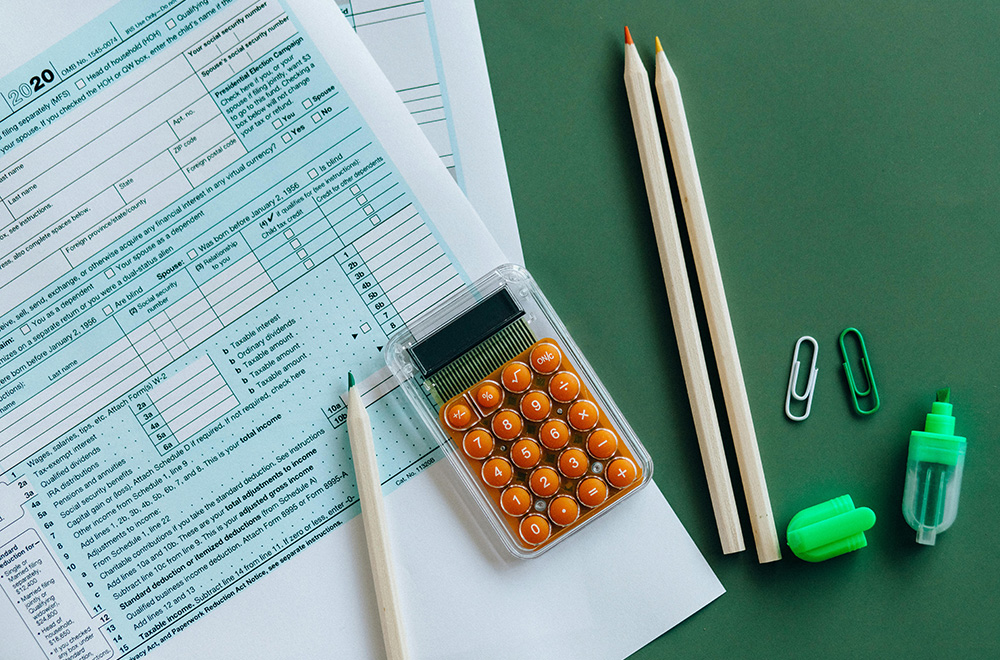
Introduction
When investing in real estate, understanding the associated costs is crucial. In Japan, property tax is one of the key expenses that property owners need to account for. This guide will break down the property tax system in Japan, covering how it’s calculated, when it’s due, and what buyers and investors need to consider.
What is Property Tax in Japan?
Property tax in Japan, known as 固定資産税 (Kotei Shisan Zei), is a local tax levied annually on the value of land, buildings, and other types of depreciable assets. The tax is assessed by the local municipal government where the property is located, and it forms a significant portion of local government revenue.
Types of Property Taxes in Japan
There are two primary types of property-related taxes in Japan:
Fixed Asset Tax 固定資産税 (Kotei Shisan Zei): This is an annual tax based on the assessed value of land, buildings, and other fixed assets. The standard tax rate is 1.4% of the assessed value, but it can vary slightly depending on the municipality.
City Planning Tax 都市計画税 (Toshi Keikaku Zei): In addition to the fixed asset tax, some municipalities levy a city planning tax. This is used to fund urban development projects and is typically set at 0.3% of the assessed property value.
How is Property Tax Calculated?
Property tax in Japan is calculated based on the assessed value of the property, which is determined by the local government. The assessed value is typically lower than the market value, usually around 60-70% of the actual purchase price.
Key Points to Consider
Assessment Process: The assessed value of the property is reviewed every three years by the local government. It’s important to be aware of when this reassessment occurs, as it can impact your tax liability.
Tax Notifications and Payments: Property owners receive tax notifications in April each year. The total tax amount can be paid in full or in four installments throughout the year. For non-resident owners, it’s advisable to appoint a tax representative in Japan to manage payments.
Tax Deductibility: Property tax in Japan can be deductible for income tax purposes, particularly if the property is used for rental or business purposes. Consulting with a tax professional can help optimize your tax strategy.
Exemptions and Reductions: Some municipalities offer tax reductions or exemptions for newly constructed properties or under specific conditions such as small-scale residential land. Checking with local authorities or a real estate consultant can provide clarity on available benefits.
Impact on Foreign Buyers
For foreign buyers, understanding property tax is essential for budgeting and financial planning. Since the tax obligations remain even if the property is unoccupied, it’s crucial to account for these costs in the long term. Additionally, if you’re planning to lease out the property, these taxes can affect your overall return on investment.
Conclusion
Navigating the property tax system in Japan may seem complex, but with the right information and planning, it becomes manageable. Whether you’re buying a home for personal use or as an investment, being informed about the tax obligations will help you make better financial decisions. Always consider consulting with a real estate expert or tax advisor to ensure that all aspects of property tax are thoroughly understood and accounted for.
Contact Us Today!
Are you ready to explore the exciting opportunities that akiya offers? Reach out to us today at contact@akiyaheaven.jp to discuss your options and start your journey toward owning a unique Japanese property. Akiya Heaven’s experts are here to answer your questions and provide the guidance you need to make an informed decision.
Unlock the potential of akiya and turn an abandoned home into your dream property. Contact us now to learn more!
